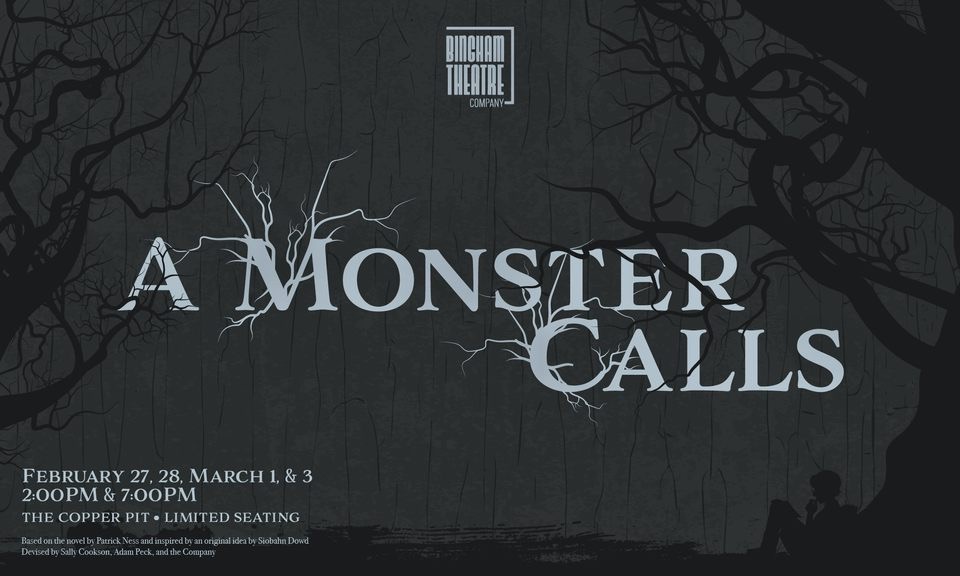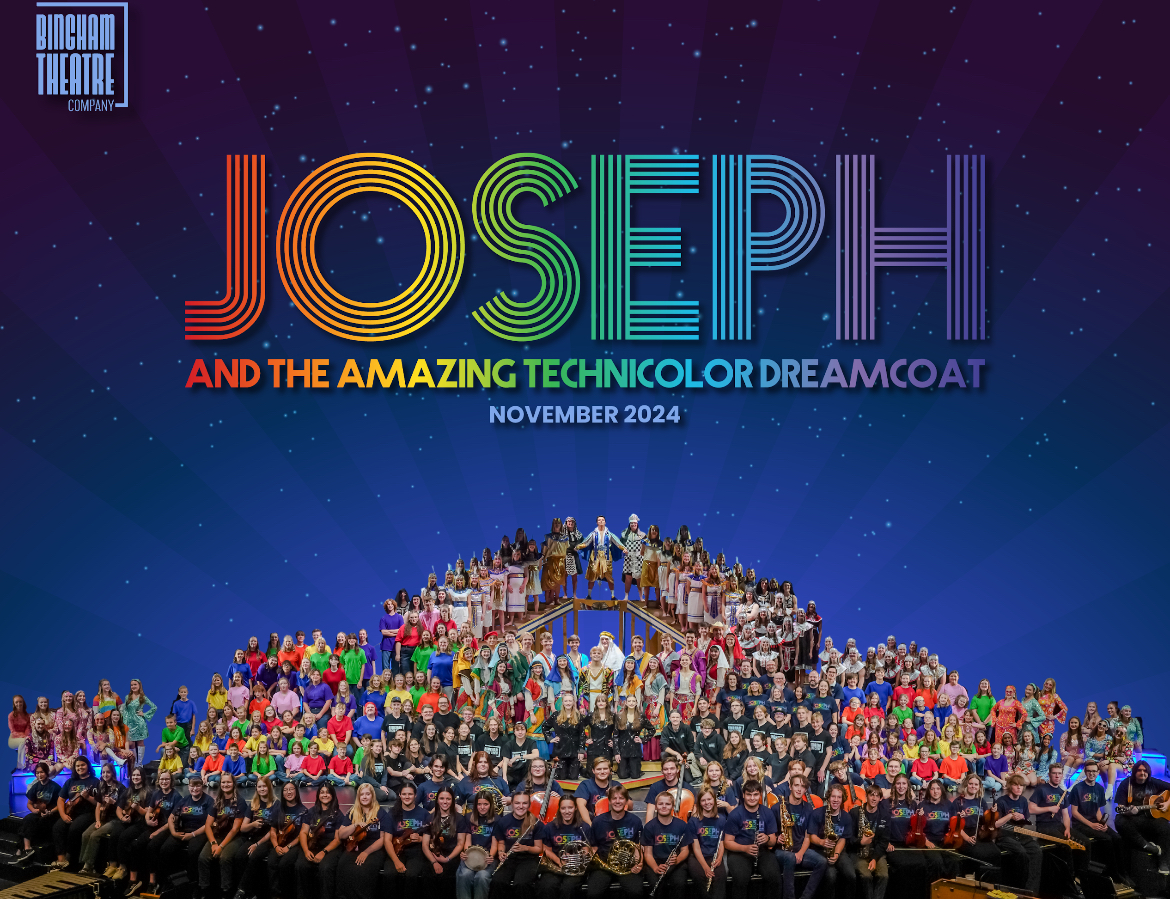Imagine yourself in a store, looking at the shiny new album by your favorite musical group. You decide that, being the impoverished high school student you imagine yourself to be, you need this CD more than the musicians who created it need the money. So, you make off with the disc, probably concealing it in your shirt or purse depending on your gender.
Is this course of action one that you would consider acceptable? Thousands of people around the world do something similar to this every day. Instead of stealing a CD from a store, however, these people download a file from the internet. As the internet becomes more prominent in our society, the ease of pirating software, or downloading files without purchasing them, is increasing. Many people download songs, games, and other media from the internet without paying for them and don’t even realize what they’re doing is a crime.
These forms of media, though intangible, are created by real people investing real time, effort, and money. Most people are unaware that it’s not just the files or the information they’re taking– it’s the ideas and intellectual property of the creators. However, some do realize the illegality of this behavior, but justify it by claiming, ‘if I can figure out how to pirate it, I deserve it for free.’ The fact that it is a digital file doesn’t make it less valuable, nor does it condone stealing it.
Though it is often confused with plagiarism, piracy is very different. While plagiarism is passing off others’ ideas as your own, piracy is the use or distribution of copyrighted intellectual property which is being sold for a profit. Both are illegal and punishable by law. Civil copyright infringement can run you a hefty $100,000 fine for each product; a criminal violation could result in up to five years of jail time and a $250,000 fine.
Illegal distribution is also a form of piracy. Have you ever burned a CD and given it to a friend? Maybe you’ve let someone borrow the disc for a certain program so they could download it too. Those are both forms of illegal distribution, and therefore acts of software piracy. In many cases, software piracy is a crime of ignorance. Most people don’t even think twice about using programs for piracy such as Limewire or the infamous Napster and burning CDs to give to friends. Even cheap music websites such as LegalSounds, although allegedly legal, give little to no royalties to the artists who create the music. Many would argue that people who create such media don’t need royalties because they’re wealthy enough already. However, musicians who aren’t mega-stars find it very difficult to make ends meet.
Several musicians publish their products on websites or services such as iTunes. Even students at Bingham have software available for purchase on the internet, and are therefore vulnerable to piracy.
“I would feel enraged,” said senior Easton Hedman, a member of Bingham band Hardly Common. “You put work into it, and then you feel like your work should be rewarded. If it goes unrewarded, it’s not fair for anyone.”
Senior Dallin Smith of Foundry, another band at Bingham, said, “I feel like piracy isn’t just stealing one’s works; it is also stealing their thoughts and feelings. When I write music, it takes a lot of time and effort. A lot of thought goes into a song I write, lyrically and musically. If someone were to steal that, it would be very offensive.”
Music isn’t the only form of software that falls victim to piracy. Video game piracy has become rampant, tearing through China and Eastern European countries like some software Godzilla, destroying the profits of game developers with its atomic breath and destructive tail sweeps. According to nationmaster.com, China has an astonishing 82% software piracy rate. Just think about that for a second. In China, more than four out of every five software titles are pirated. Is that the road that we, as citizens of the United States, want to go down?
Piracy is not only illegal, it harms the people who create entertainment and other useful programs. Creating media and entertainment software is an occupation just like any other. These professionals spend their whole lives perfecting their craft, then spend months and even years creating and working on their product. Most software projects require a team of skilled laborers and designers. Without profit made by selling software online, how will these individuals make a living? You wouldn’t walk into a restaurant, eat, and then leave without paying the skilled craftsman who prepared your meal. Although no food or any physical objects are involved, piracy is essentially the same crime. Software piracy is almost as bad as actual piracy, minus the whole killing people and ransacking coastal villages part.







